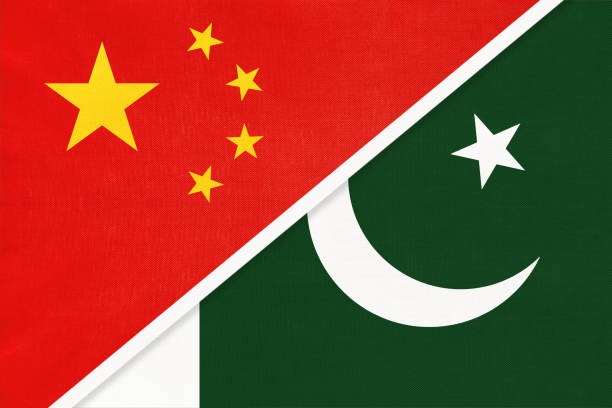China helping Pakistan extract its full potential through CPEC
China is helping Pakistan extract its full potential through its great initiative, CPEC by making huge investments in the energy and infrastructure sectors here. CPEC has emerged as the largest bilateral investment project and a boon for Pakistan as well as the landlocked regional countries in South Asia. Pakistan and China’s diplomatic relations that started in 1951, have elevated to a higher level, aiming at enhancing connectivity and building up road and energy infrastructure between the two countries. The Year 2021 is being celebrated as a historic year as it marks the completion of 70 years of diplomatic relations between the two countries. In this connection, friendly exchanges are taking place between Pakistan and China, and several high-profile cultural events, seminars are being organized to highlight people-to-people interactions. CPEC and its related projects have brought forth many opportunities and resources for both countries by promoting their profits and interests.
The great initiative, China-Pakistan Economic Corridor (CPEC), is swiftly exploiting immense potential in industrial cooperation between the two neighbouring countries, and the largest trading partner of Pakistan, China is making huge investment in the energy and infrastructure sectors here.
In terms of geo-economic growth, development and regional connectivity, CPEC has emerged as the largest bilateral investment project, and a boon for Pakistan as well as the landlocked regional countries in south Asia.
Pakistan and China are tied in multidimensional cordial relations on the basis of being good neighbors, and having mutual trust and understanding.
According to a document of the Ministry of Communication, the Pak-China bilateral trade reached $ 18 billion during 2018.
With the official launch of CPEC, the bilateral relationship has been elevated to a higher level, aiming at enhancing connectivity and building up road and energy infrastructure between the two countries.
As we know, CPEC is a flagship project of Chinese President Xi Jinping’s initiative of “One Belt, One Road” (Belt and Road Initiative).
The Year 2021 is being celebrated as a historic year as it marks the completion of 70 years of diplomatic relations between Pakistan and the People’s Republic of China.
Pak-China diplomatic relations were established on 21 May 1951, according to the Institute of Policy Studies (IPS).
To commemorate this historic milestone in a befitting manner, both brotherly countries will organize a series of events throughout the year.
In this connection, friendly exchanges are taking place between Pakistan and China, and several high-profile cultural events, seminars are being organized to highlight people-to-people interactions.
Though both countries have been making policy adjustments from time to time in the light of global transformations, yet their mutual ties have continued to be in the best coordination and harmony.
The world has witnessed that Pakistan and China are time-tested friends and they depend on one another to fulfill their strategic interests.
In the past, whenever Pakistan confronted any external, internal pressure or threat to its interests or security, China immediately extended full support to Pakistan in all fields.
At the international diplomatic fore, China has significantly supported Pakistan, like at Nuclear Suppliers Group, (NSG), the G-20, and during the United Nations Security Council (UNSC) sessions.
The first phase of CPEC has successfully accomplished its tasks on the road infrastructure and energy development projects in Pakistan.
In the second phase, the initiative envisioned industrial cooperation, which has started bearing fruits, and is proving beneficial for development of economy of Pakistan.
CPEC and its related projects have brought forth many opportunities and resources for both the countries by promoting their profits and interests respectively.
Chinese envoy Zhao Shiren urges students to uphold integrity and strengthen China-Pakistan ties
LAHORE:The Consul Generals from several countries and other distinguished guests attended …











